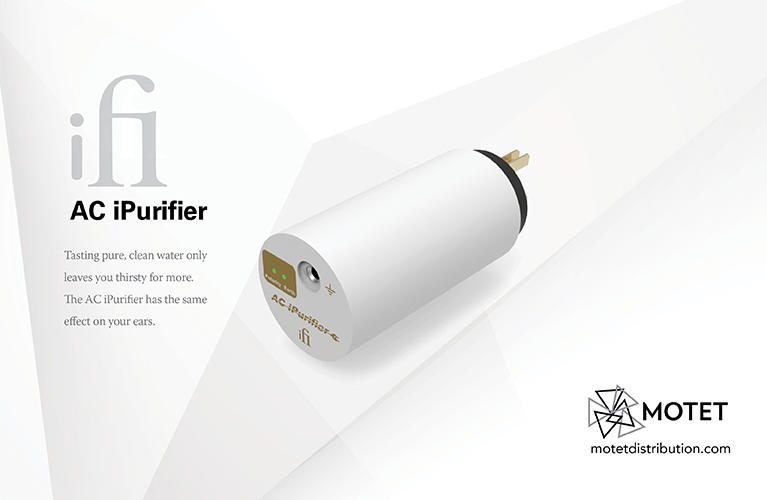Sound: 









Value: 









(Read about our ratings)
Measurements can be found by clicking this link.
Grado reminds me of some of the musicians I’ve encountered. Most people I play gigs with show up on time, play whatever the leader wants, and do a solid job on most or all of the tunes that get called—but they don’t really stand out. There are a few, though, who maybe aren’t so reliable, or get fussy about what we play, or might suddenly sit out on a tune they don’t like—but blow my mind at least once per gig with the brilliant stuff they play. Grado’s the headphone equivalent of that. I’ve loved a few of its headphones, but some I’ve found too far outside the norm to enjoy. So when the company offered me the RS2x headphones for review, I had no idea whether or not I’d find them sonically simpatico with my ears.
The company’s specialty has always been open-back, dynamic-driver headphones that would look right at home in a World War II radio hut. They’re voiced entirely by ear, and still made by hand in Brooklyn, New York. Cool, but in my experience, this “organic” approach to headphones yields mixed results. For every SR80x that, for me, delivers performance close to magical, there’s an SR325x that’s tilted too far toward the treble. And most of the company’s models use rough, scratchy-feeling open-cell foam earpads that get annoying after an album or two.
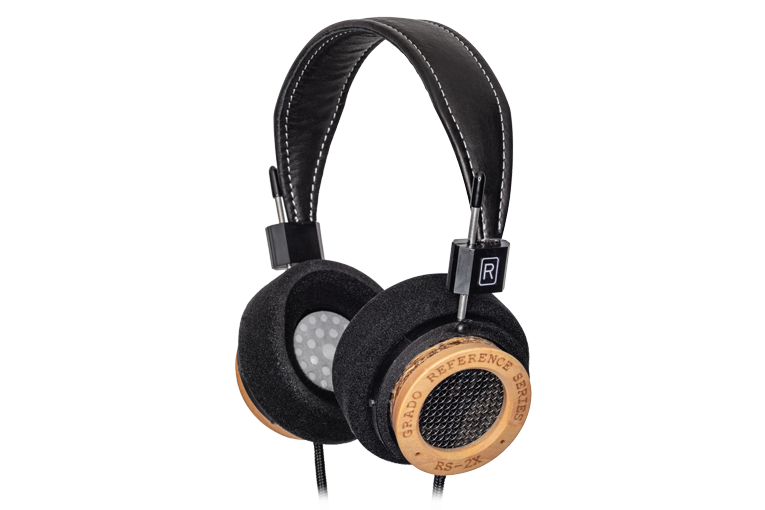
Even though Grado’s website says it has redesigned the headband and cable for the RS2x headphones ($550, all prices USD), the look and feel still hew 100 percent to the Grado formula: retro frame; scratchy earpads; open-back dynamic drivers; and a chunky, stiff cable. What’s most interesting about the RS2x headphones is the “bi-wood” construction, which combines maple on the outer parts of the earcups with hemp wood on the inner parts. It looks really cool, and it gives the headphones the kind of comforting artisanal vibe I get when I browse the tchotchkes at real natural-foods stores that haven’t been taken over by trillion-dollar corporate behemoths.
Although many manufacturers claim that using certain woods in their headphones lends a desirable sonic character, my experiments with headphone voicing have uncovered no proof that the material from which the earcups are made has any audible effect. Unless they’re of the ultra-flimsy plastic variety found in $20 models, headphone earcups tend to be relatively small and stiff—too inert to resonate significantly when presented with the minuscule amount of kinetic energy produced by a headphone driver. This is especially the case in an open-back design, where the energy of the back wave coming off the driver is immediately dispersed into the surrounding air. If you disagree, I invite you to present your evidence.
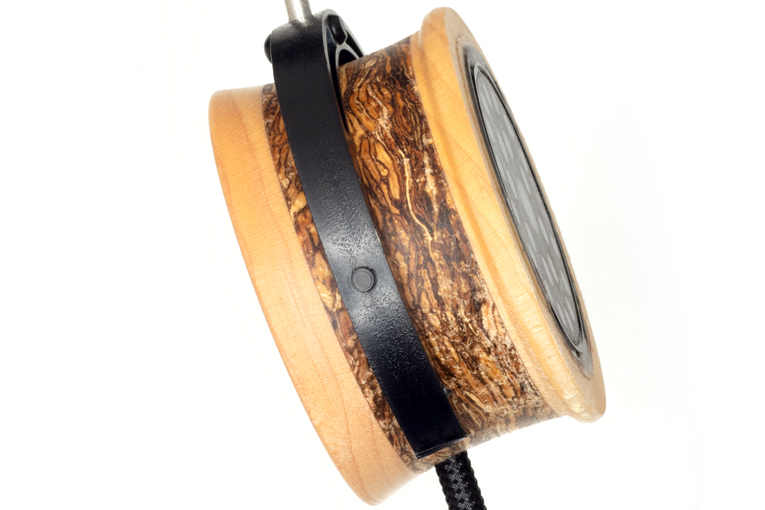
It’s worth noting that, acoustically, the RS2xes are very different from most headphones—instead of trying to acoustically couple a set of small drivers to your ears, the open-back design and highly porous earpads effectively float the drivers out to the sides of your ears, perhaps 3/4″ from the ear entrance point (EEP), which is the entrance to the ear canal.
Grado rates the RS2x headphones at 38 ohms nominal impedance, and 99.8dB sensitivity with a 1mW signal.
In the box
I have to commend Grado for the RS2xes’ packaging, which consists of a light cardboard box (with the serial number handwritten on the bottom), a custom-cut piece of foam to hold the headphones, a one-page thank-you letter, and . . . nothing else. See, headphone companies? You don’t need to clog landfills with complex, expensive packaging in order to create a buyer-reassuring luxury vibe.
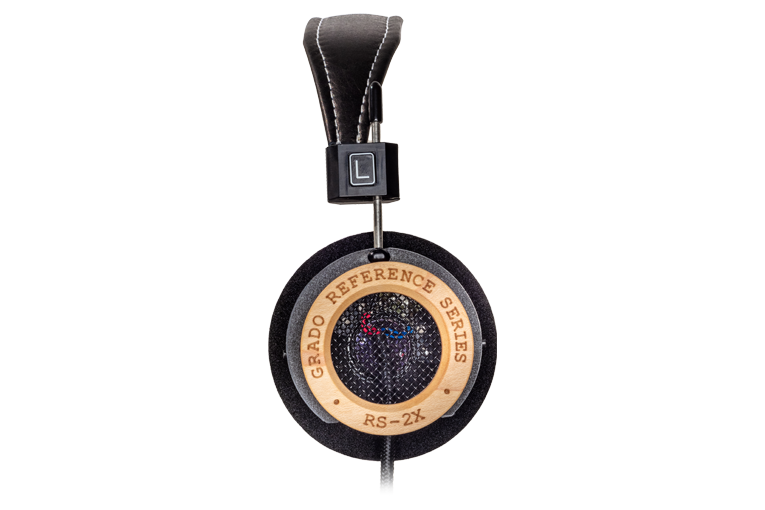
True to the ethos of the packaging, you get nothing with the RS2x headphones that you don’t need. They have a permanently attached 5.5′ (1.7m) cable with a 3.5mm (1/8″) stereo plug on the source end. A 3.5mm-to-6.3mm (1/4″) adapter is included.
Use
The RS2xes are about half the weight of typical mass-market headphones—just 230 grams (8 ounces)—and clamp gently on the ears. Which is a good thing, because the earpads are the furthest possible thing from plush or pillowy. Technically, I guess these would be considered an over-ear model, but in reality, they’re on-ear; I definitely felt the pressure of the pads on my pinnae rather than around my ears. You can get bigger pads from the Grado site that should ease this pressure.
Right out of the box, the headphones didn’t quite fit me—the headband was shaped so that I felt a lot of pressure at the tops of my ears but almost none at the bottoms—but the headband is very easy to bend to fit your head, and I never felt I was in danger of breaking the headphones when I was making my alterations.
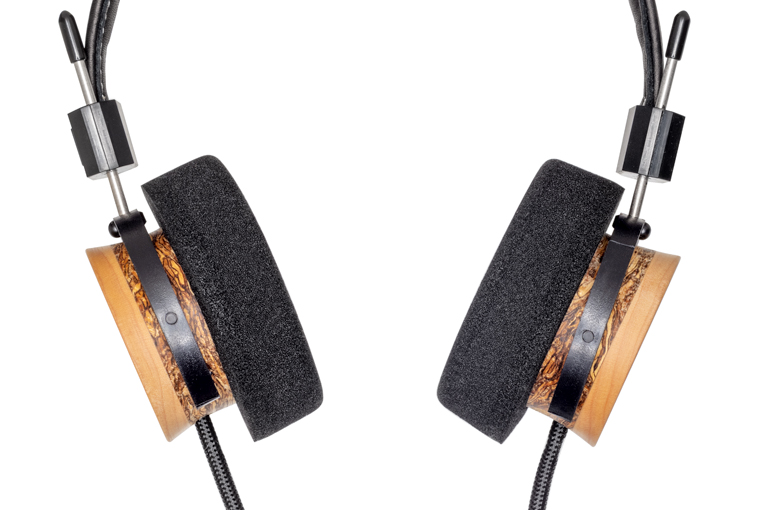
The cables are unnecessarily and annoyingly thick and stiff. I often found myself having to flip one of the earpieces around a rev or two to get the cable untwisted. Considering the very high sensitivity of these headphones (which you can find out about in the Measurements section, accessible through the link at the top of this page), these cables will rarely, if ever, carry anything more than a fraction of a volt, so their bulk is just for show. Not the first time that’s happened in audio, though.
I found that any source, even my Samsung Galaxy S10 phone, gave me plenty of volume no matter what kind of music I played.
Sound
I’d already done some listening with the RS2x headphones for a couple of weeks before I sat down for a serious evaluation—using them for various tasks such as the Comparison section of my review of the Sendy Apollo headphones, and for checking some of the edits Dennis Burger and I did on the first episode of the SoundStage! Audiophile Podcast. So I already had the notion that there was something interesting going on with them. After all, I actually exclaimed “Wooh!” when I first put them on during the Sendy Audio Apollo eval.
Turns out that reaction wasn’t a fluke—I whispered “Wow!” when I started my formal tests with “Trouble Is a Man,” from Patricia Barber’s Clique (24-bit/176.4kHz FLAC, Impex/Qobuz), because the RS2xes delivered such a realistic sense of space—more like what you’d hear with one of the better Dolby Atmos music mixes played on a really, really good surround-sound system. Very few headphones I’ve heard, at any price, could come close to the RS2x headphones’ ability to produce a realistic sense of musicians playing in a room. I got a holistic sense of the acoustics of the modestly sized studio where Clique was recorded. I also heard fantastic imaging—most notably on the cymbals and the toms; I could really sense the drumsticks tapping on the tom heads.
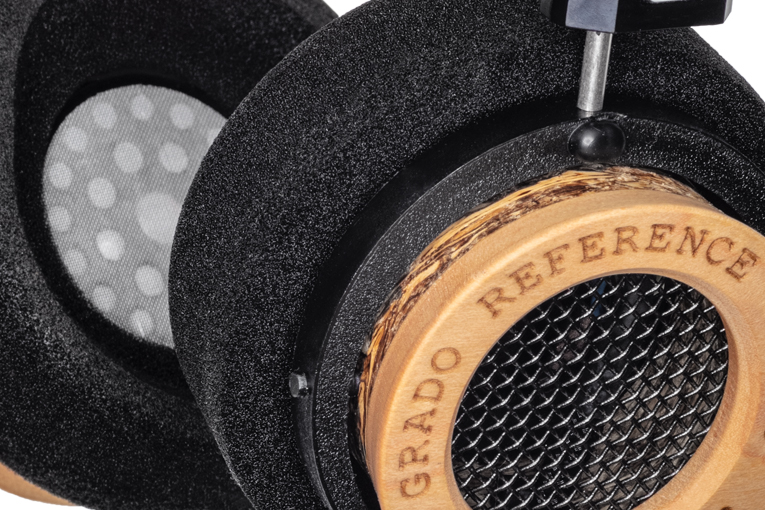
I don’t think anyone ever said, “These Grados have great bass!” But while the level of the RS2xes’ bass, relative to the mids and treble, sounded a few dB low on “Trouble Is a Man,” the bass itself sounded wonderfully clean and natural. Because of the somewhat treble-heavy tuning, Barber’s voice sounded a bit sibilant, but I considered this a more than acceptable trade-off for the delicious sense of space the RS2xes conjured. Part of that’s because the treble was so smooth—I heard not the slightest bit of bite or edge on the cymbals in “Trouble Is a Man.” In fact, I’d say the cymbal reproduction was easily among the best I’d ever heard with headphones.
OK, but playing Patricia Barber on audiophile headphones is basically tossing them a slow, underhand pitch—because audiophile stuff is typically voiced to sound great on such material. So to put the RS2xes through a much less predictable test, I went immediately to the diametric opposite of Patricia Barber: Celtic Frost’s “The Usurper” (To Mega Therion, 16/44.1 FLAC, Noise Records / Qobuz). If you want to find a single track that serves as a “source of the Nile” for extreme metal, this would be it. It’s relentless, bass-heavy thrash accompanying Thomas Gabriel Warrior, whom many, including this writer, consider the Billie Holiday of “vomit” vocals.
To my shock and delight, “The Usurper” sounded great through the RS2x headphones. I’ll state right up front that it didn’t have the raw power I hear through most headphones. In particular, much of the “bugga-bugga-bugga” kick of Reed St. Mark’s double bass drums was muted—I could hear it, but I couldn’t really feel it. But despite the somewhat attenuated bass, the sound wasn’t fatiguing or blarey, which I considered something of a minor miracle. And even though “clarity” probably wasn’t high on the list of aesthetic priorities for the Frost, “The Usurper” sounded very clear through the RS2xes—I’m pretty sure they concealed not a single subtlety going on in the guitars, vocals, bass, or all the drums other than the kick drums. Unfortunately, I liked what I heard so much that I ended up losing hours listening to more Frost cuts repeatedly through these headphones.
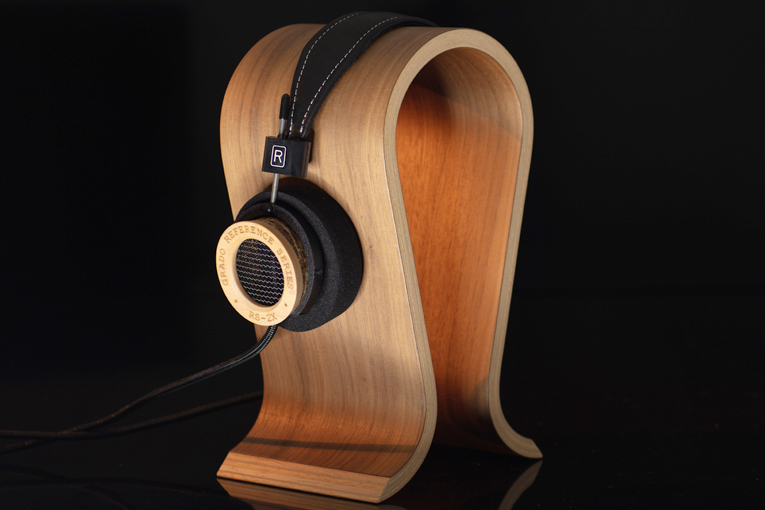
I was even more surprised, though, when I heard the RS2x headphones’ reproduction of the Emerson String Quartet’s recording of Schumann’s String Quartet No. 1 in A Minor (Schumann, 24/96 FLAC, PentaTone / Qobuz). The “II. Scherzo. Presto” movement certainly sounded clear—exceptionally clear, for that matter—but the instruments didn’t have quite as much body and “breath” as I’d like to hear. I wondered whether the Emerson String Quartet recording just sounded a little thin, so I put on the recording of the same movement by Quatuor Hermès (Schumann: The 3 String Quartets Op. 41, 24/88.2 FLAC, La Dolce Vita / Qobuz)—and I got more or less the same result. Keep in mind that the lowest note in a string quartet is the low C of a cello, at 63Hz, so there’s no low or even midbass here. What we’re talking about is the upper-bass region and maybe lower mids, probably in the range of 100 to 300Hz.
Instead of continuing to yo-yo between sonic extremes, I wanted to hear what the RS2x headphones sounded like with something “normal,” so I put on Fleetwood Mac’s Rumours (24/96 FLAC, Rhino/Qobuz). Stevie Nicks’s hit “Dreams” sounded wonderfully natural from the low mids on up; I just loved how clear Nicks’s voice, and the backing vocals, sounded. But the attenuated bass sapped some of the tune’s rhythmic drive, and the elevated treble seemed to bring the acoustic guitar up about 6dB—which was fine on “Dreams,” but it made the acoustic-guitar-heavy “Never Going Back Again” a little blarey. “Don’t Stop” couldn’t really get grooving with the amount of bass the RS2xes could deliver. It, too, got a little blarey, which made me want to turn down the volume. And the RS2xes certainly didn’t seem crankable on “The Chain”—I heard some distortion in the bass even at the fairly moderate listening level I preferred.
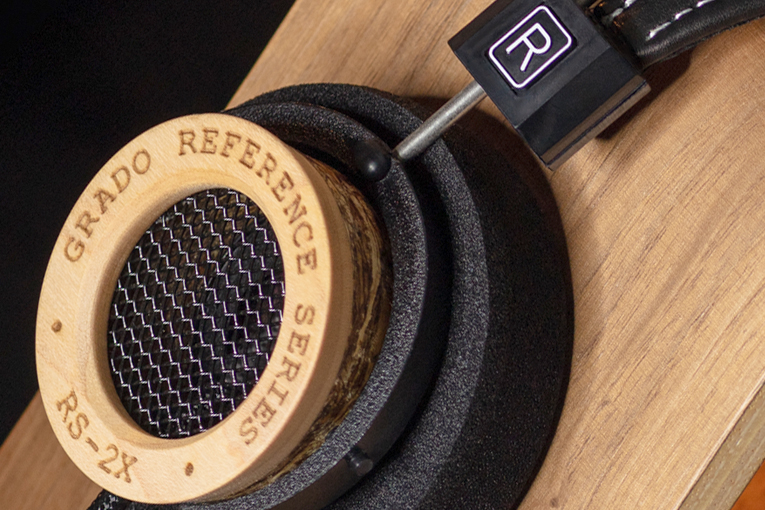
Still, I found Rumours—like so many other albums—compulsively listenable through the RS2x headphones. I thought the attenuated bass actually made it easier to hear the subtleties of John McVie’s basslines, and there was just something so right about the sound that outweighed the things that were wrong about it.
Comparison
I compared the RS2xes with a few other open-back models, including the Sendy Audio Peacock ($1499) and Apollo ($499) headphones, as well as the HiFiMan Sundara (originally $499, now $349) and Deva Pro ($329) headphones, the latter used with a cable rather than the included Bluetooth adapter.
As I noted in my review of the Sendy Apollos, the RS2xes blew away all the other headphones when it came to replicating the sense of the recording space in Patricia Barber’s “Trouble Is a Man,” even if they had the least bass drive of all the headphones. To borrow an overused phrase from the audiophile lexicon, the RS2xes “removed a veil” from the sound compared with the other headphones. But they also sounded thinner than any of the others.
When I checked out the HiFiMan Deva Pros using the same string-quartet cuts cited above, the RS2xes’ lack of presence below about 400Hz was evident. Through the Deva Pros, the strings on both recordings sounded fuller and more natural—but through the RS2xes, the strings definitely sounded more detailed.
Conclusion
There are Grados I’ve loved and Grados I’ve not loved. The RS2xes are definitely among the Grados I’ve loved. They have their flaws, but to my ears, they do things other headphones can’t. Much as I enjoyed them, I don’t think they’d be my choice if I had to have only one set of headphones. But I think anyone who owns multiple sets of headphones and revels in their differences really ought to check out the RS2xes—and maybe kick in a few extra bucks for the bigger pads, because I suspect people who buy these will be putting in a lot of hours revisiting their favorite recordings.
. . . Brent Butterworth
Associated Equipment
- DAC-amplifier: iFi Audio Zen DAC
- Smartphone: Samsung Galaxy S10
Grado RS2x Headphones
Price: $550.
Warranty: One year
Grado Labs
4614 7th Ave.
Brooklyn, NY 11220
Phone: (718) 435-5340
Website: www.gradolabs.com



